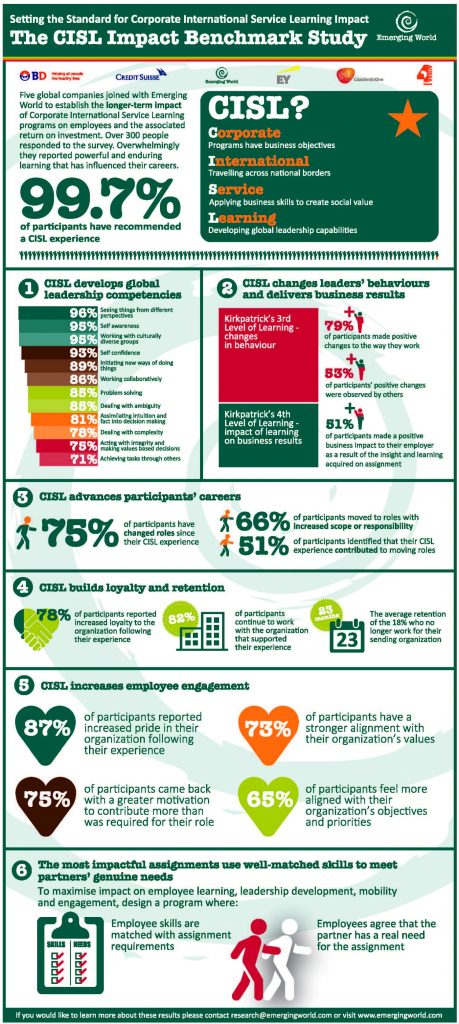By the time someone reaches the leadership ranks of an organization, they will have experienced numerous learning and development programs. They will have been stretched in every direction through team building and learning circles, and they are likely classroom simulation veterans. So how can learning leaders turn up the heat to continue to stretch them beyond their comfort zone?
It’s tricky. To be transformational, leadership development needs to disrupt a manager’s habitual ways of thinking and behavior patterns, which often have helped to propel the person into a leadership position in the first place. So there can be resistance, and it will take conscious effort. Making the shift from manager to business leader usually means taking an increasingly external perspective, a longer-term view, and often zooming out from a business focus to how the business fits into the community.
Lots of managers in development struggle with these passages, but adult development literature shows that this transition doesn’t necessarily mean adding skills. It means making a shift in mindset to expand ways of thinking. Corporate international service learning, or CISL, programs are becoming a popular and strategic tool to address this need while delivering value for the corporation — and for global society — by creating positive social impacts in the emerging world.
CISL programs literally take leaders outside their comfort zone by sending them across borders to apply their skills to a project in service of others. They are designed to move beyond role-play, field trips and learning expeditions, and challenge participants with real world projects that require insight, skills and expertise. Undertaken as a group or individually, these customized experiential learning assignments harness the dynamic social and business environment in high-growth emerging and frontier markets, and challenge participants to think and behave differently to achieve meaningful results and develop themselves as leaders.
CISL participants might find themselves trying to bring internet to rural communities in the heart of Ghana, or figuring out how a nonprofit improving education in Peru can bring more people out of poverty. The essential ingredients for this new learning recipe are: a really gnarly problem, a new context provided by a frontier market, an organization or community in need of service, and a group of high-potential business leaders.
By pressure-testing people’s skills and helping them to think differently, even seasoned leaders feel the heat because program settings are novel, challenging and involve complex real-world issues.
Companies including Cargill Inc., Credit Suisse, EY and GlaxoSmithKline are attracted to these programs because of the multifaceted value proposition they present. In addition to developing leaders, these programs can affect employee engagement, retention and career mobility. Microsoft is using its CISL initiatives to drive international market development, while other companies such as Becton Dickinson and Co. use these programs as part of their corporate social responsibility strategy.
“A lever for a breakthrough is to use the world as our classroom to create innovative, immersive and visceral experiences that drive profound shifts in behavior, outlook and mindset,” said Matthew Farmer, Emerging World’s managing editor. (Editor’s note: The author is the CEO at Emerging World.)
It works. Emerging World recently conducted a study of five multinational organizations that participated in a CISL program, and found that these “heat” learning experiences can cultivate global leadership competencies like self-awareness, self-confidence, problem-solving skills, collaboration, dealing with ambiguity, developing resilience and balancing diverse perspectives.
Global organizations are under tremendous pressure to redefine themselves, be agile, and respond to impending challenges and escalating opportunities. Future success will be defined by how leaders navigate this the new normal of global business. One effective way to prepare future business leaders is to tell them to get out of the classroom and into the heat.

Anita Bhasin is the CEO of Sage Ways and the North American partner for Emerging World. Comment below, or email editors@CLOmedia.com.















